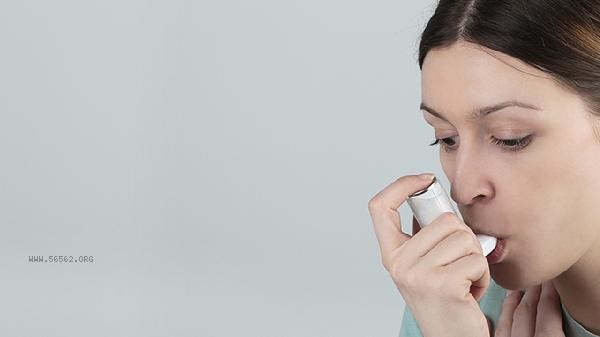Children with tracheitis can follow the doctor's advice to use medications such as Xiao'er Kechuanling oral solution, Xiao'er Feire Kechuanling granules, Bairui granules, ambroxol oral solution, amoxicillin clavulanate potassium dry suspension, etc. Childhood tracheitis is often caused by viral or bacterial infections, and often manifests as symptoms such as coughing, sputum production, and wheezing. It is recommended that parents take their children to the hospital in a timely manner, use medication under the guidance of a doctor, and avoid adjusting the dosage on their own.

1. Xiao'er Kechuanling Oral Liquid
Xiao'er Kechuanling Oral Liquid is composed of traditional Chinese medicine such as ephedra, gypsum, bitter almonds, etc. It has the effects of promoting lung function, clearing heat, stopping cough and asthma, and is suitable for children with symptoms such as cough, phlegm, and shortness of breath caused by tracheitis. This medicine is a brownish yellow liquid with a sweet and slightly bitter taste. It should be used with caution for people with wind cold and cold, and spicy and greasy foods should be avoided during medication.
2. Pediatric Pulmonary Heat Cough and Asthma Granules
Pediatric Pulmonary Heat Cough and Asthma Granules contain ingredients such as ephedra, bitter almonds, gypsum, etc., which can clear heat and detoxify, cough and phlegm, and have a relieving effect on symptoms such as fever, phlegm viscosity and difficulty coughing in children with tracheitis. Granules are convenient for children to take and can be taken by rinsing with warm water, but children with spleen and stomach deficiency and cold should reduce their dosage under the guidance of a doctor.
3. Bai Rui Granules
Bai Rui Granules are mainly composed of Bai Rui grass, which has the effects of clearing heat, reducing inflammation, stopping cough, and resolving phlegm. They are suitable for children with acute bronchitis and symptoms such as cough and sore throat. The drug is a light brown granule with few adverse reactions, but it should be avoided from consuming raw or cold food during the medication period. If allergic reactions such as rash occur, the medication should be stopped immediately and medical attention should be sought.
4. Ambrotorol Oral Solution
Ambrotorol oral solution is a Western medicine compound preparation containing ambroxol hydrochloride and clenbuterol hydrochloride. It can dilute sputum and dilate bronchi, and is suitable for children with tracheitis accompanied by symptoms such as thick sputum and wheezing. The dosage of this medication must be strictly calculated based on body weight, and parents are not allowed to increase or decrease the dosage on their own. Children with heart disease must inform their doctor of their medical history before taking the medication.
V. Amoxicillin clavulanate potassium dry suspension
Amoxicillin clavulanate potassium dry suspension is suitable for children with bronchitis caused by bacterial infections and can inhibit bacterial cell wall synthesis. Before use, it is necessary to confirm that there is no history of penicillin allergy. During medication, there may be gastrointestinal reactions such as diarrhea. It is recommended to take probiotics at an interval of two hours to complete the prescribed course of treatment and avoid the development of drug resistance. During the medication period for pediatric tracheitis, parents should maintain indoor air circulation, control humidity at 50% -60%, and encourage children to drink warm water to dilute sputum. The diet should be light, and proper consumption of snow pear, white radish and other lung moistening ingredients can be used to avoid cold drinks and sweet and greasy food irritating the respiratory tract. If the symptoms do not improve after taking medication for 3 days or if symptoms such as high fever and shortness of breath occur, immediate follow-up should be conducted to adjust the treatment plan. Daily measures such as getting vaccinated against influenza and washing hands frequently can be taken to prevent respiratory infections.









Comments (0)
Leave a Comment
No comments yet
Be the first to share your thoughts!